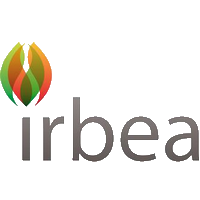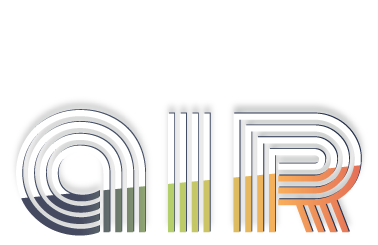Proposal to ban the sale of wet firewood
This proposal was addressed to the Department of Communications, Climate Action and Environment in April 2019.
Ireland and the EU have made great strides over recent decades to reduce local air pollution which was having a detrimental effect on human health. A key measure is what is commonly referred to as the “Smokey Coal” ban in designated areas. This effectively bans the sale of fuels that emit high proportions of harmful emissions to the air. At the same time there are increasingly ambitious, legally binding targets to reduce carbon emissions across the economy, allied to higher overall targets for the use of renewable heating under RED II.
According to RED II and its greenhouse gas savings provisions sustainably produced biomass is one of the heating fuels with the lowest carbon emissions. Typically biomass fuels produce less than 7g CO2/Megajoule compared to 80g for oil. As a further comparison Heatpumps which have an indicative COP of 3.5, and while running off the current average carbon intensity of Irish grid emit approximately 36g CO2/Megajoule. Indeed under RED II heat sources will need to have carbon emissions less than 24g/MJ by 2021 to be considered renewable, and less than 16g/MJ by 2026. The value of biomass fuels in this context can’t be overlooked.
Recent scientific information shows that the levels of particulate matter in our urban areas is at times above recommended levels. Part of the increase in PM2.5 levels has been linked to peat combustion with biomass fuel also contributing. There is further scientific information that shows that biomass does contribute to PM levels in studies that look at direct emissions from biomass appliances.
It is well established that low moisture content wood fuels (for domestic use mainly firewood and pellets), burn more efficiently and emit far less smoke and particulates. When combusted in closed stove or boiler compared to an open fireplace not only does the efficiency of combustion more than double but particulate emissions are also substantially reduced, often to as low as 0.5kg per appliance per annum.
IrBEA is aware that wet firewood is being offered for sale at outlets across the country. There are however a significant number of suppliers, both members and non-members of WFQA who supply dry firewood at a consistent quality. They have invested in outdoor and indoor drying areas and are able to bring down the moisture content with little additional energy input. In the event of a ban on wet firewood being announced there is every confidence therefore that the level of supply to the market will not reduce.
In summary the accepted ways to reduce particulate emissions from biomass appliances are:
- Use of low moisture firewood that meets the ISO 17225-5 Class A standard and other low moisture content biomass fuels such as pellets.
- Replacement of fireplaces and old stoves with modern, Ecodesign compliant appliances such as closed stoves and pellet and firewood boilers
- Correct installation and maintenance of appliances and flues
- Good user behaviour, including correct fuel use, proper ventilation of stoves and boilers to ensure good clean combustion and maintenance scheduling
We are focusing on firewood fuels but we are happy to provide further information and engage with the Department or SEAI on the other issues. In summary this proposal from IRBEA asks the Department to consider
Extending the ban on smokey fuels. Wood fuels that do not meet the requirements of ISO 17225-5 A1 or A2 standard (less than or equal to moisture content (wet weight basis) of 25% by mass) to be disallowed for sale in designated urban areas. This proposal if implemented in full will in IrBEA’s view result in substantial reductions of wood fuel combustion derived particulate emissions in the designated areas, and will do so in the shortest possible timeframe.

